As a radiologist, you may be wondering if your career is safe from this advancing technology.
In this article, we will explore the role of AI in radiology, its potential impact on practices, and the benefits and limitations it brings.
Discover how you can adapt and thrive in a world where AI integration is becoming the norm.
Key Takeaways
- AI has revolutionized the way radiologists work and can analyze vast amounts of medical imaging data quickly and accurately.
- AI algorithms can detect subtle patterns and anomalies that human eyes might miss, improving the accuracy and efficiency of diagnostic imaging.
- AI technology can collaborate with radiologists, enhancing their capabilities and patient care, but it is unlikely to completely replace human radiologists.
- Continuous learning, specialization, and embracing technology as a tool are essential for radiologists to stay ahead and adapt to the integration of AI in the field.

The Role of AI in Radiology
You may be wondering about the impact of AI on the field of radiology. Well, let me tell you, AI has revolutionized the way radiologists work and has taken on a significant role in this field. Machine learning, a subset of AI, has the power to analyze vast amounts of medical imaging data quickly and accurately. It can detect subtle patterns and anomalies that human eyes might miss, making it a valuable tool for radiologists.
The role of machine learning in radiology is to assist radiologists in their diagnostic process. With AI algorithms, radiologists can now receive automated suggestions and predictions based on the analysis of medical images. This not only saves time but also enhances the accuracy of diagnoses. Imagine how this can transform the field, enabling radiologists to provide faster and more accurate results, ultimately improving patient outcomes.
However, as with any technological advancement, there are ethical considerations in AI implementation. One concern is the potential for overreliance on AI algorithms, leading to a decrease in human expertise. It’s crucial to maintain a balance between the capabilities of AI and the skills of radiologists. Additionally, the privacy and security of patient data must be protected to prevent unauthorized access or misuse of sensitive information.
In conclusion, the role of machine learning in radiology is significant and has the potential to greatly benefit both radiologists and patients. It allows for faster and more accurate diagnoses, improving patient care. However, ethical considerations must be taken into account to ensure the responsible and secure implementation of AI in radiology.
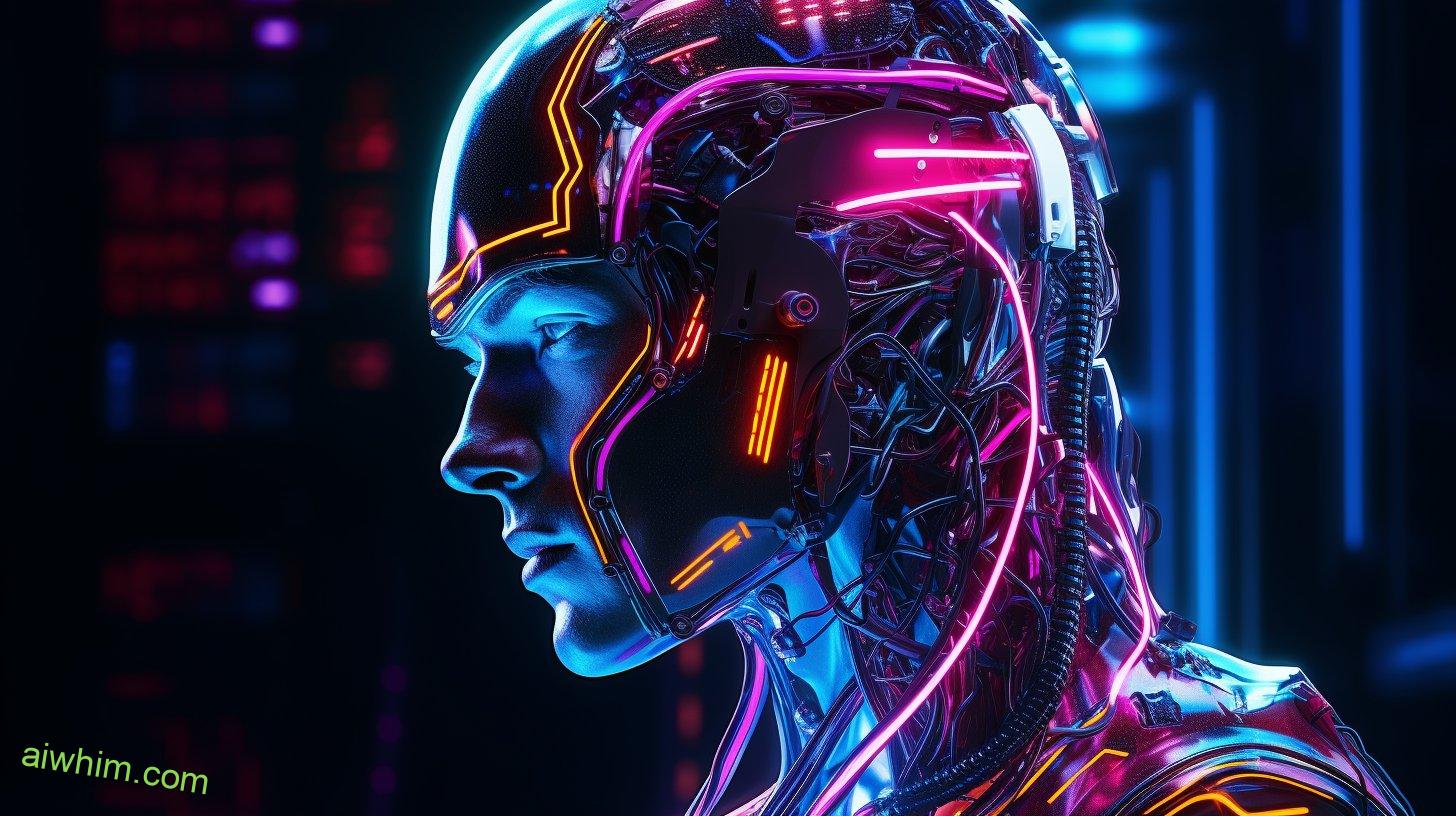
Advancements in AI Technology
With advancements in AI technology, it’s important to consider how this could impact the field of radiology. As automation in healthcare continues to evolve, it brings both opportunities and ethical concerns. Here are four key points to consider:
- Improved Efficiency: AI technology has the potential to revolutionize radiology by automating various tasks, such as image analysis and report generation. This can significantly reduce the time and effort required for radiologists, allowing them to focus on more complex cases and patient care.
- Enhanced Accuracy: AI algorithms can analyze large volumes of medical images with precision and consistency. By assisting radiologists in detecting abnormalities and making accurate diagnoses, AI can improve patient outcomes and reduce diagnostic errors.
- Ethical Concerns: As AI takes on a more prominent role in radiology, ethical considerations arise. It’s crucial to ensure that AI algorithms are developed and trained using unbiased and diverse datasets to avoid perpetuating existing healthcare disparities. Additionally, the proper handling of patient data and privacy concerns must be addressed to maintain trust in AI systems.
- Collaboration, not Replacement: While AI technology can automate certain radiology tasks, it’s unlikely to replace radiologists entirely. Human expertise, clinical judgment, and the ability to interpret complex medical cases will remain essential. Radiologists can embrace AI as a valuable tool to enhance their practice, enabling them to provide more accurate and efficient care.
As the field of radiology continues to evolve with advancements in AI technology, it’s important to strike a balance between leveraging automation for improved efficiency and accuracy while addressing the ethical concerns associated with AI development. By embracing AI as a collaborative tool, radiologists can adapt to the changing landscape and continue to deliver high-quality patient care.
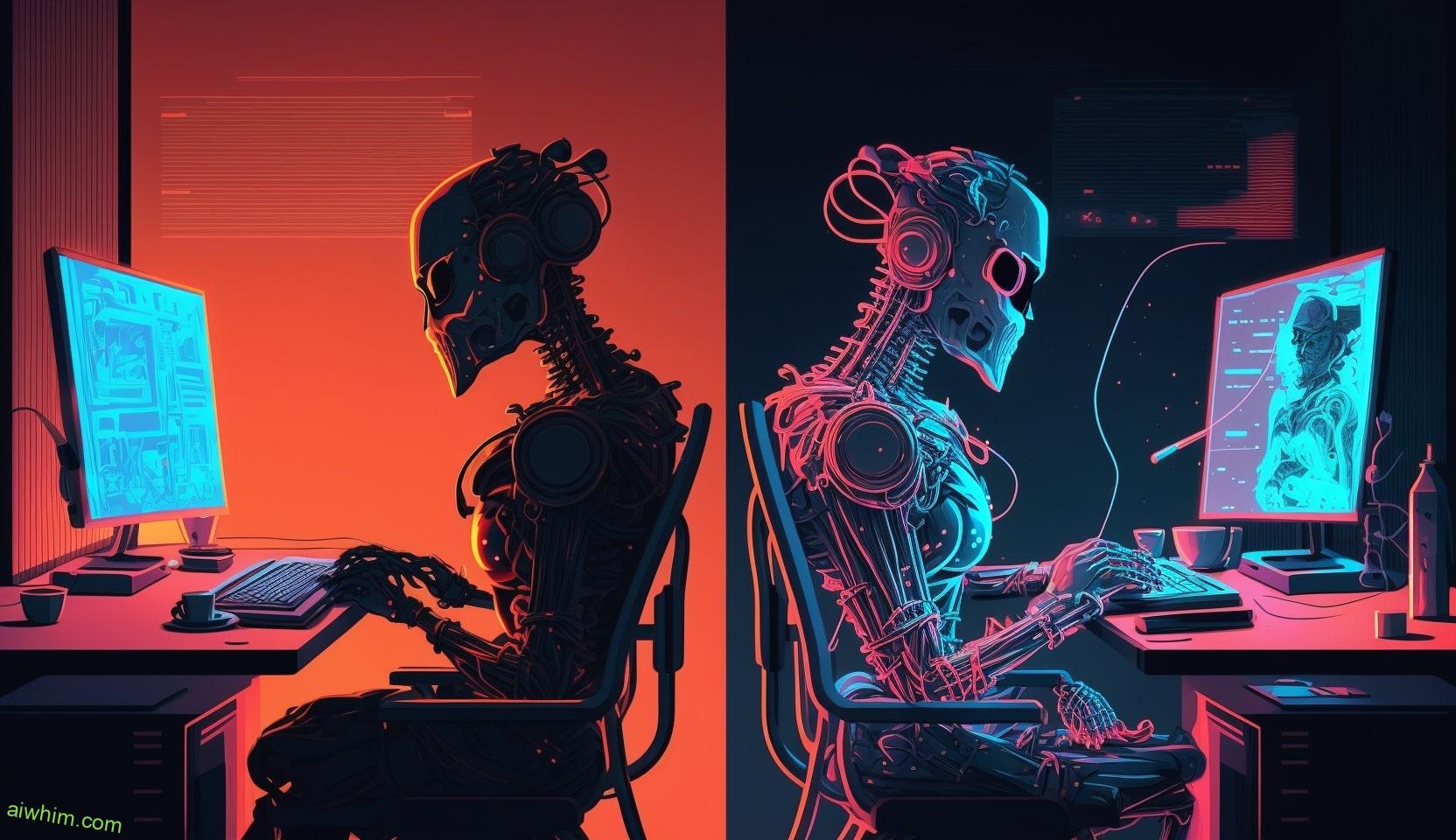
Potential Impact on Radiology Practices
As a radiology professional, you must consider the potential impact that advancements in AI technology could have on your practice. With the rapid development of AI algorithms and machine learning, there’s no doubt that the field of radiology will be transformed. While some may fear that these advancements will render radiologists obsolete, it’s important to understand that AI technology can actually enhance your role and improve patient outcomes.
One of the key areas where AI can have a significant impact is in improving the accuracy and efficiency of diagnostic imaging. AI algorithms can quickly analyze large volumes of medical images and detect abnormalities with a high level of accuracy. This can aid radiologists in making more accurate diagnoses and identifying potential issues that may have been missed. By leveraging AI technology, you can provide more precise and timely diagnoses, ultimately leading to better patient outcomes.
Another area where AI can make a difference is in quality control. AI algorithms can help identify discrepancies in medical images, ensuring that the highest standards of image quality are maintained. By automating this process, radiologists can focus more on interpreting the images and providing personalized care to their patients. This not only improves the overall efficiency of your practice but also ensures that patients receive the highest quality of care.
It is important to embrace these advancements in AI technology rather than viewing them as a threat. By integrating AI into your practice, you can enhance your capabilities as a radiology professional and provide better patient care. Remember, the goal of AI in radiology is to augment your skills, not replace you. So, embrace the freedom that AI offers and embrace the potential it holds for improving patient outcomes and quality control in your practice.
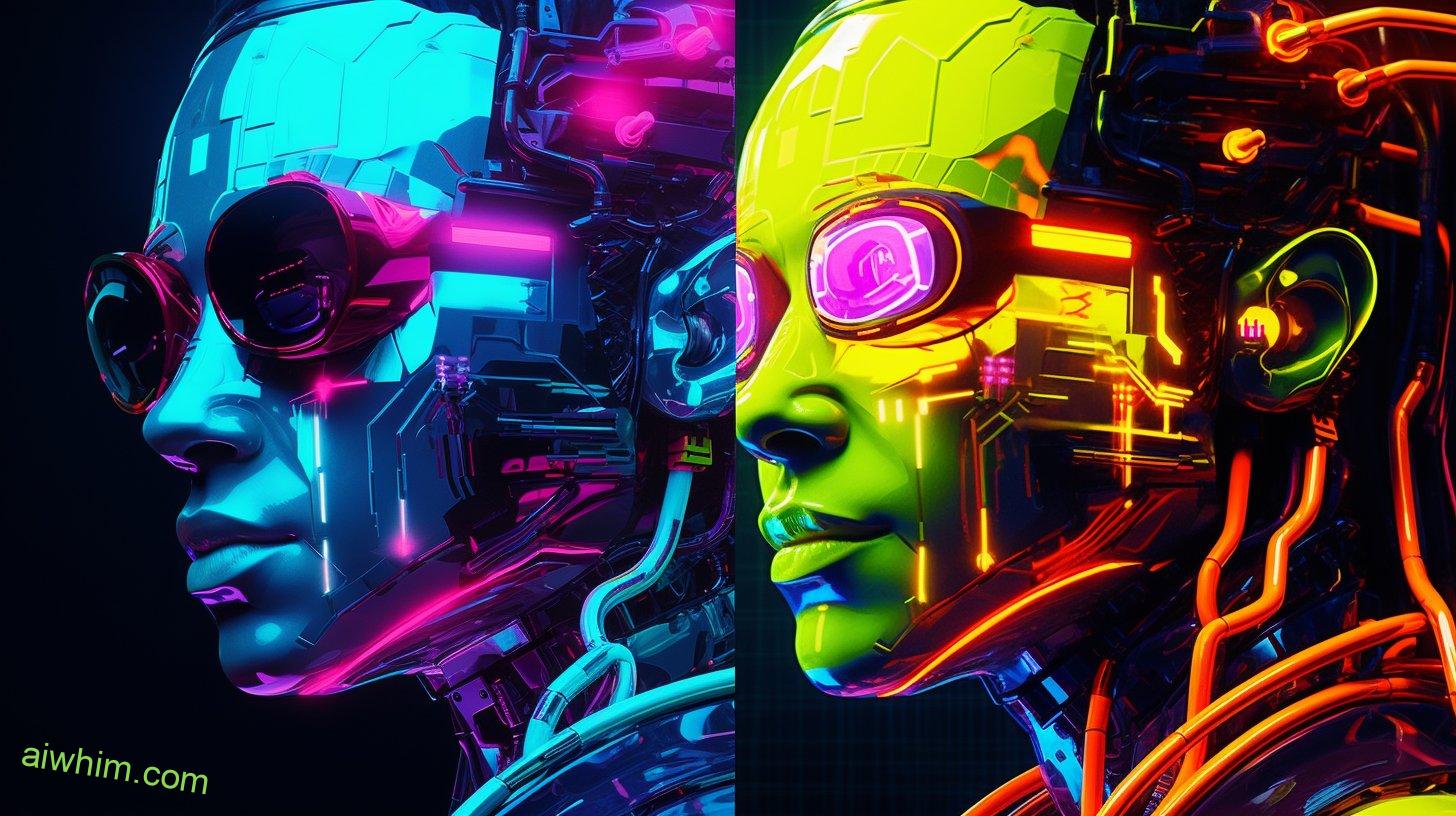
Benefits and Limitations of AI in Radiology
AI technology in radiology has the potential to improve diagnostic accuracy and efficiency while also enhancing the quality control process. With the advancements in artificial intelligence, radiologists can benefit from these technologies, but they also face certain challenges. Here are four key points to consider:
- Advantages of AI in Radiology:
- Increased accuracy: AI algorithms can analyze large amounts of medical data with precision, reducing the chances of human error in diagnosis.
- Improved efficiency: AI can automate routine tasks, such as image analysis and report generation, allowing radiologists to focus on more complex cases.
- Enhanced decision support: AI algorithms can provide radiologists with additional information and insights, aiding in the decision-making process.
- Consistent quality control: AI can assist in maintaining a high standard of image quality and consistency across different radiology practices.
- Challenges in Implementing AI in Radiology:
- Data privacy and security: AI relies on vast amounts of patient data, raising concerns about privacy and security.
- Regulatory compliance: Implementing AI technologies requires adherence to strict regulations and standards to ensure patient safety and data integrity.
- Integration with existing systems: Integrating AI into existing radiology workflows and systems may pose technical challenges and require significant adjustments.
- Training and education: Radiologists need to acquire the necessary skills to effectively utilize AI technologies and interpret their results.
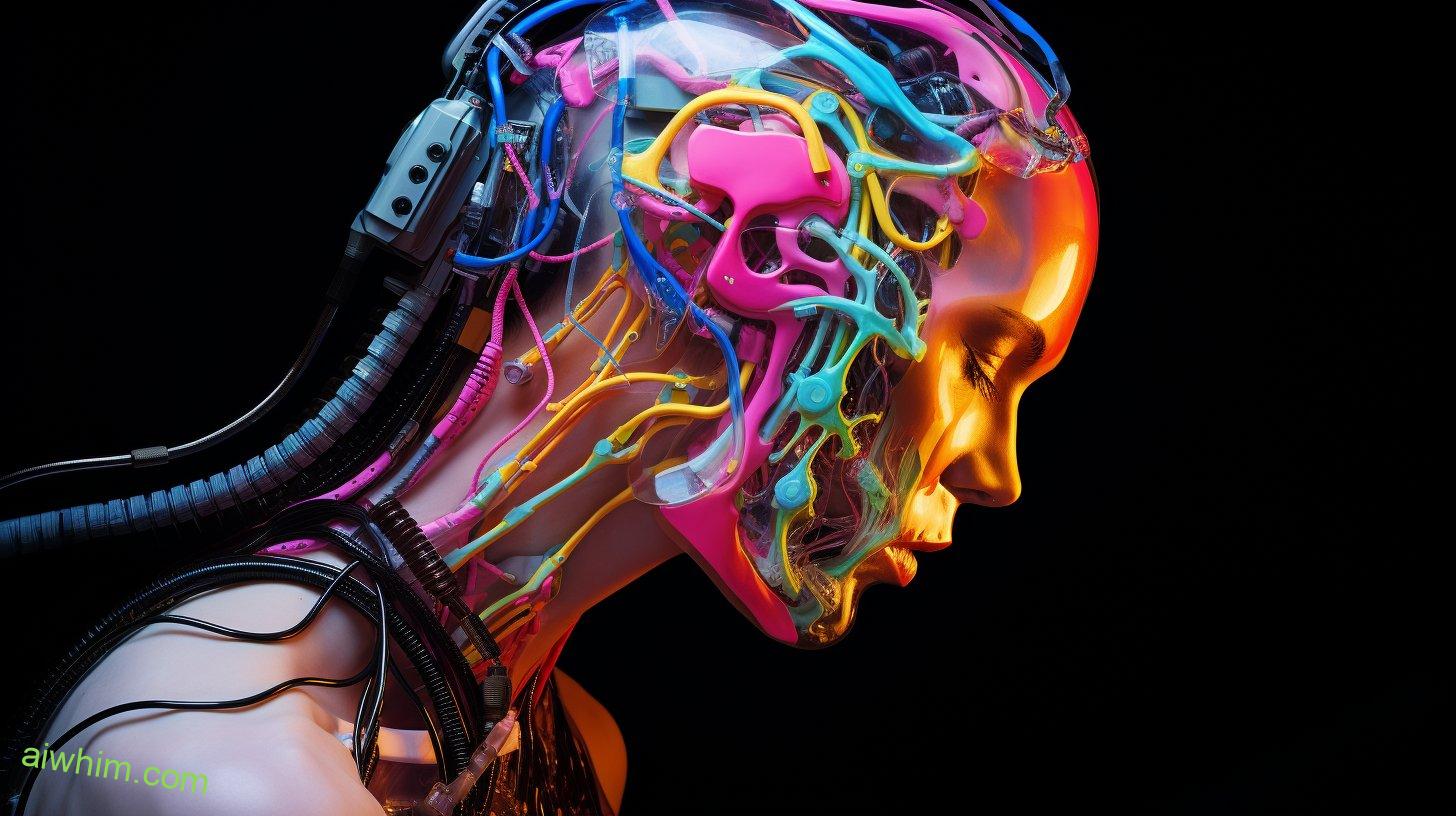
The Future of Radiology Careers
In the rapidly evolving field of radiology, staying updated on the latest advancements and technologies is essential for your professional growth and success. As technology continues to advance, it is natural to wonder about the future of your career as a radiologist. Will artificial intelligence (AI) replace your role? Will there still be job prospects and a need for human radiologists? Let’s explore the future of radiology careers and the training requirements that may come with it.
The future of radiology careers is not as bleak as some may think. While AI is making significant strides in the field of radiology, it is unlikely to completely replace human radiologists. AI has its benefits and limitations, and human expertise is still invaluable when it comes to interpreting complex cases and providing personalized patient care.
To illustrate the job prospects and training requirements in the future of radiology careers, let’s take a look at the following table:
| Job Prospects | Training Requirements | Financial Freedom |
|---|---|---|
| High | Continuous learning | Flexibility |
| Growing | Specialization | Independence |
| Stable | Research | Autonomy |
| Diverse | Technological skills | Opportunity |
As you can see, the job prospects in radiology are high and growing, offering stability and diversity. However, to thrive in this field, continuous learning and specialization are essential. By continuously updating your skills and staying at the forefront of technological advancements, you can ensure your job security and financial freedom. This field also offers the freedom to choose your area of expertise and the opportunity to conduct research.
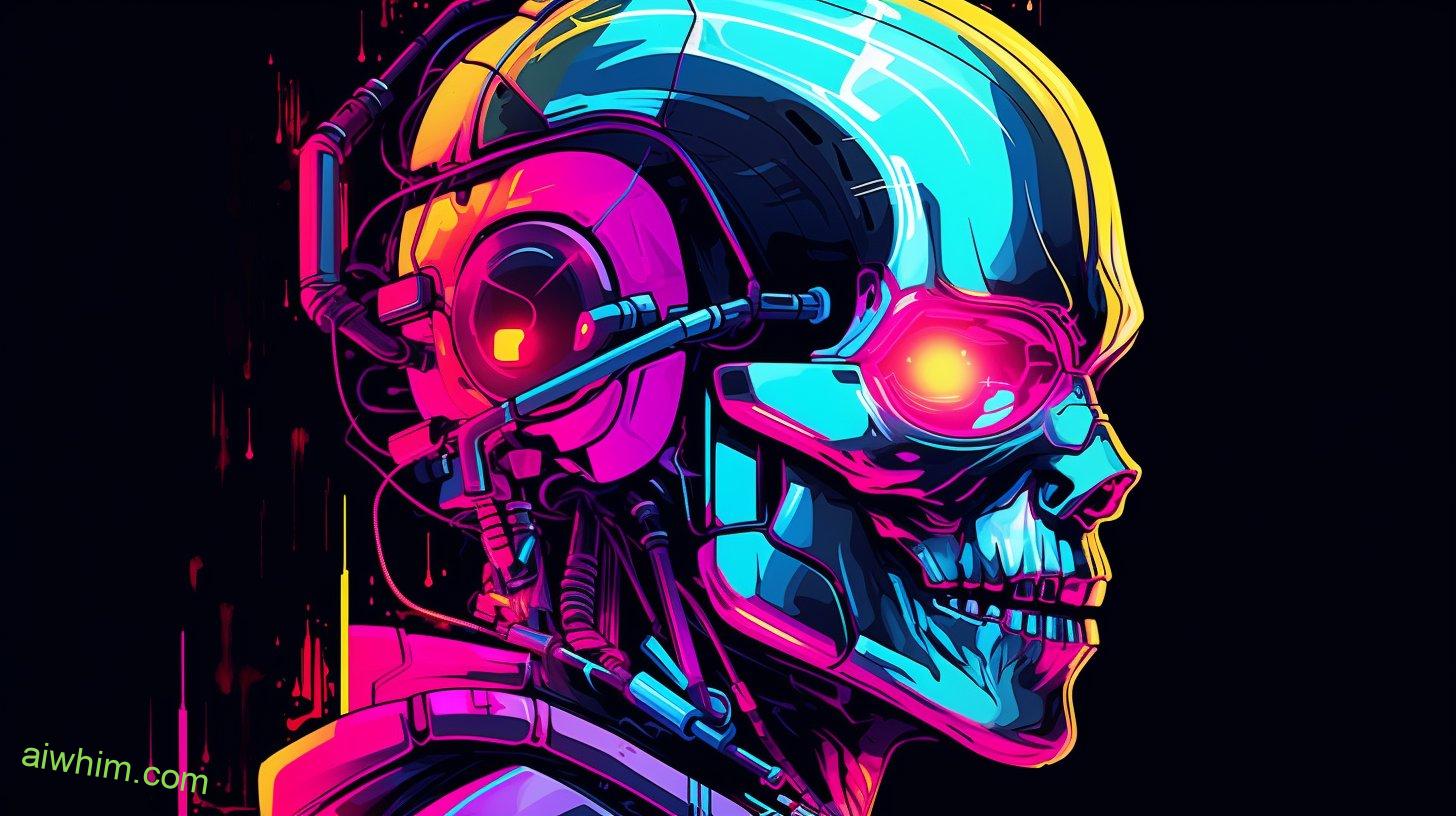
Strategies for Radiologists to Adapt to AI Integration
To successfully adapt to the integration of AI in the field of radiology, you must embrace the role of technology as a tool and continuously update your skills and knowledge. The advancement of artificial intelligence is changing the way radiologists work, but it doesn’t mean that your career is in jeopardy.
Here are four strategies to help you stay relevant and thrive in this evolving landscape:
- Embrace Technology: Instead of fearing AI, view it as a powerful tool that can enhance your abilities as a radiologist. Embracing technology means understanding its capabilities and leveraging it to improve efficiency and accuracy in your work.
- Invest in Continuing Education: To stay ahead of the curve, it’s crucial to invest in your continuing education. Attend conferences, workshops, and online courses to learn about the latest advancements in AI and radiology. This won’t only expand your knowledge but also help you develop new skills that are in demand.
- Collaborate with AI: AI isn’t meant to replace radiologists, but rather to complement their expertise. Embrace collaboration with AI systems and learn how to effectively integrate their outputs into your diagnosis and treatment plans. This synergy will lead to better patient outcomes and job satisfaction.
- Adapt and Innovate: To remain competitive in the field, adaptability and innovation are key. Stay curious and open-minded, always seeking new ways to apply AI in radiology. Look for opportunities to contribute to research and development projects that explore the integration of AI and radiology.
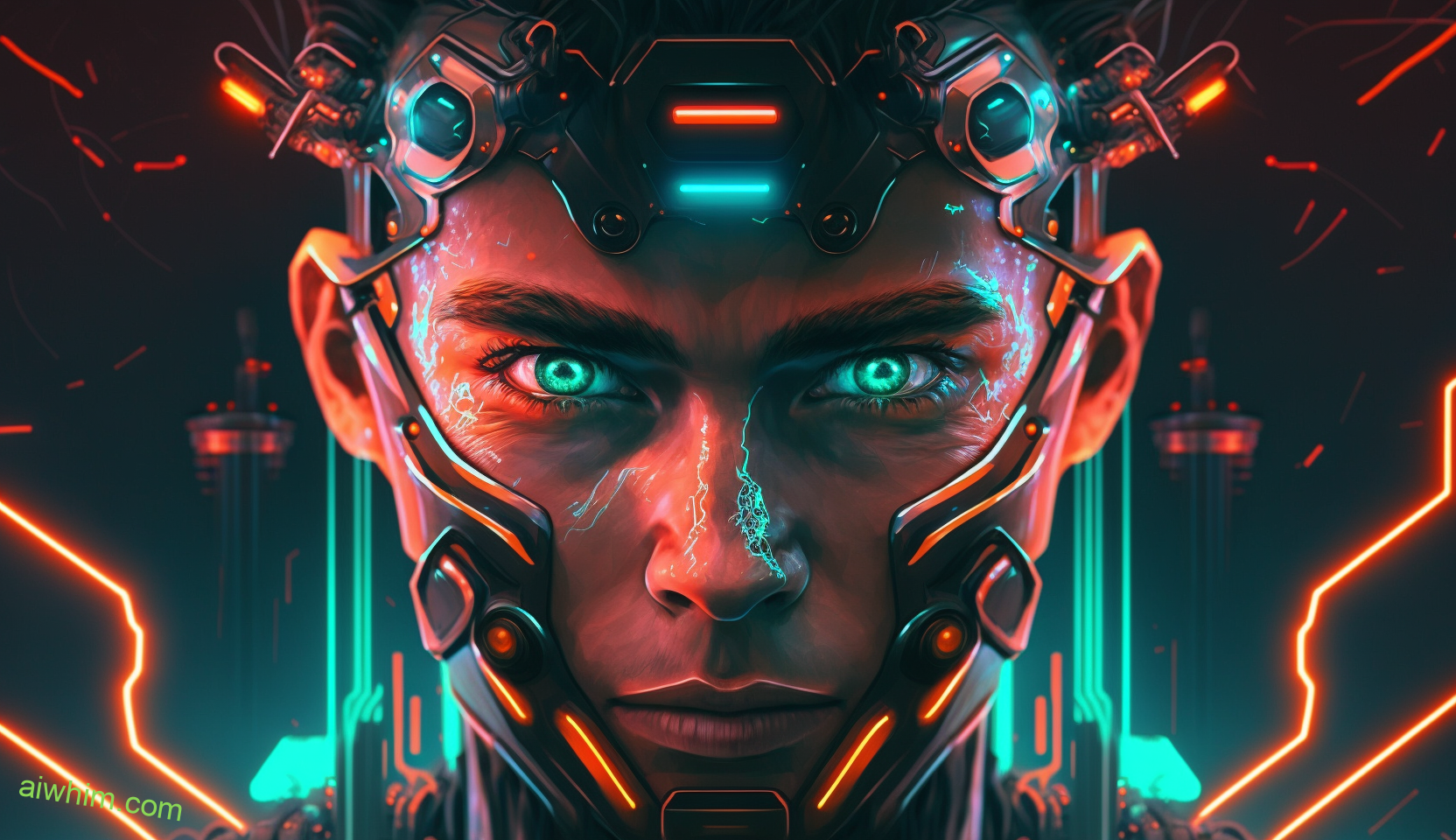
Frequently Asked Questions
How Will AI Impact the Job Market for Radiologists in the Next Decade?
In the next decade, AI will greatly impact job prospects for radiologists. You will need to adapt to new training requirements to stay competitive in the evolving field. Stay informed and embrace the changes.
Are There Any Ethical Concerns Associated With Using AI in Radiology?
When it comes to using AI in radiology, there are ethical concerns to consider. Patient privacy is at risk, and it’s important to ensure that AI algorithms are trustworthy and transparent.
Can AI Accurately Detect and Diagnose Rare or Complex Medical Conditions?
AI has limitations in accurately detecting and diagnosing rare or complex medical conditions. Concerns about its accuracy exist, but it’s important to consider the potential benefits and the role it can play in healthcare.
What Are the Potential Legal Implications of Using AI in Radiology?
Legal challenges in using AI in radiology include potential privacy concerns. However, it’s unlikely that AI will completely replace radiologists. So, don’t worry, your career as a radiologist is safe from AI takeover!
How Can Radiologists Ensure They Stay Relevant and Valuable in a Healthcare System Increasingly Reliant on AI Technology?
To stay relevant and valuable in a healthcare system relying on AI, radiologists must embrace continuous learning. Collaborating with AI can enhance your skills and improve patient care, ensuring your career remains secure.
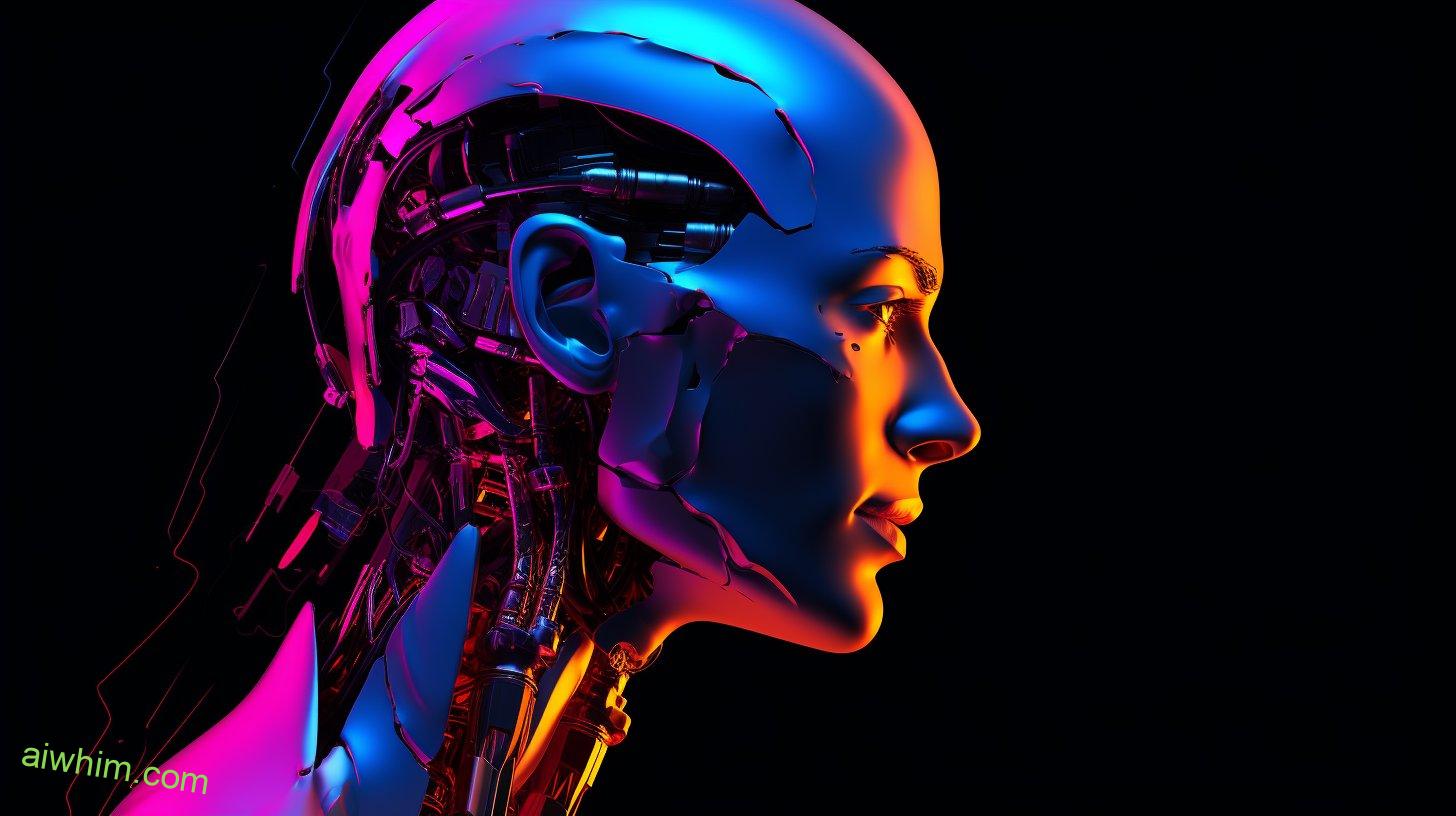
Conclusion
So, is your career as a radiologist safe from AI? Well, according to a recent study, 83% of radiologists believe that AI will have a significant impact on their field.
While AI technology continues to advance and has the potential to improve efficiency and accuracy in radiology practices, it’s important for radiologists to adapt and embrace these changes.
By developing new skills and leveraging AI integration, radiologists can ensure their continued relevance in the future of healthcare.







